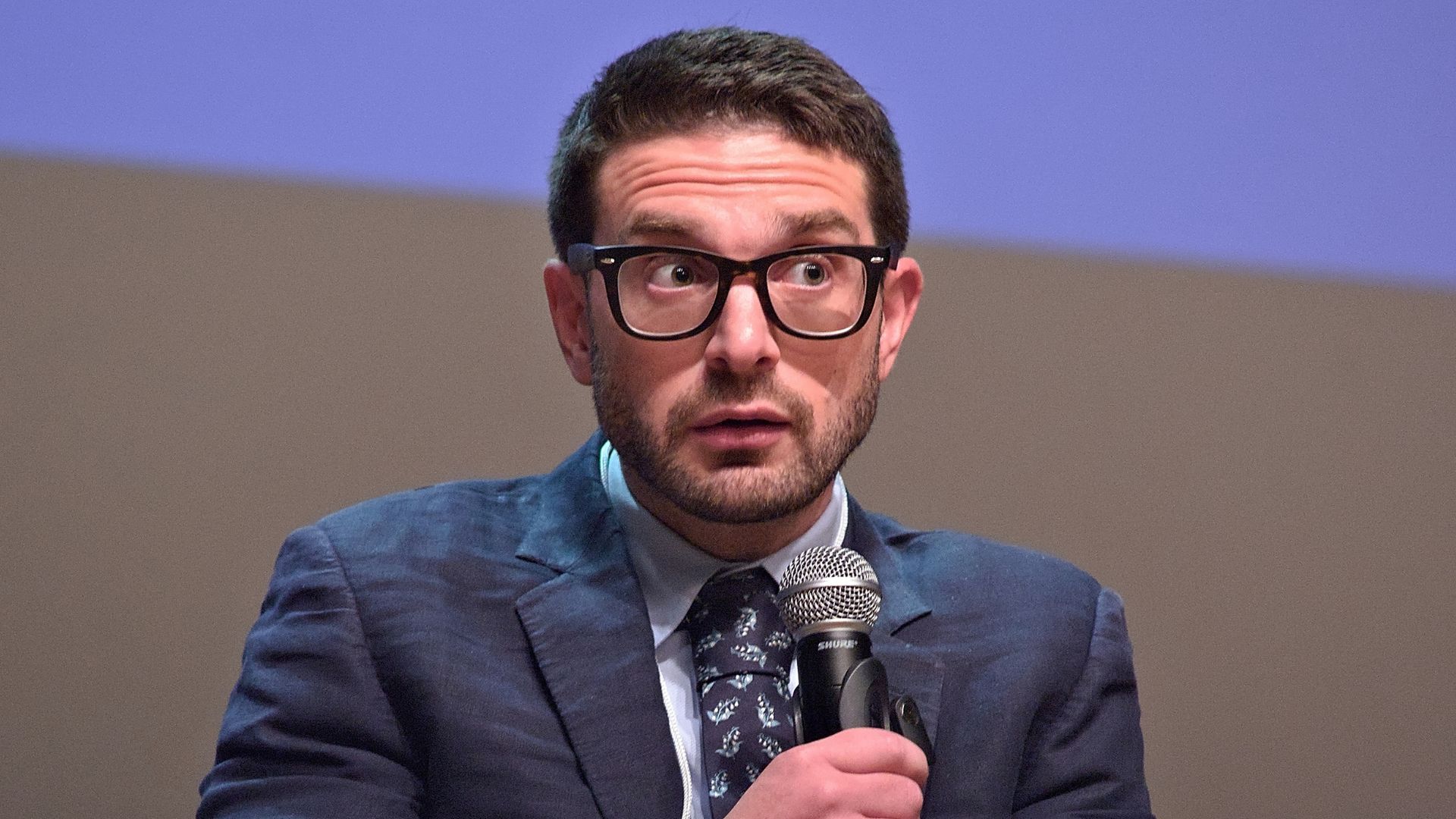In September 2017, a photograph surfaced on social media showing activist Linda Sarsour kneeling on a Brooklyn sidewalk beside campaign volunteers for City Council candidate Khader El-Yateem. Among them was a young organizer named Zohran Mamdani. That image, posted on El-Yateem’s campaign page, marked the beginning of a political collaboration that would soon extend far beyond a local election.
Eight years later, Mamdani, now 34, is positioned to seek the mayoralty of New York City. His ascent, according to a Fox News Digital investigation, is the result of a coordinated network of political and religious organizations that have advanced candidates sharing socialist and Islamist ideologies.
A review of 110 groups supporting Mamdani shows overlapping ties between Muslim advocacy organizations and left-wing coalitions, including 76 Democratic Party affiliates and unions. Central to that effort are two key networks: Sarsour’s MPower organizations and a related group called Emgage.
Tax records reviewed by Fox News Digital reveal that billionaire George Soros’ Open Society Foundations have contributed nearly $2.5 million to MPower and Emgage in recent years. A spokesperson for the Open Society Foundations stated, “We fund a range of civil society organizations that work to deepen civic engagement through peaceful democratic participation, counter discrimination including against Muslim Americans, and advance human rights.” The spokesperson added that the cited grants occurred years before the mayoral race and were unrelated to any campaign activity.
The investigation found that MPower and Emgage are part of a coalition of about 30 ethnic and religious groups, including CAIR Action, the Islamic Circle of North America, the Muslim Action Coalition, and the Bangladeshi American Advocacy Group. Together, these groups have combined annual revenues exceeding $24 million and have mobilized resources, volunteers, and online campaigns to back Mamdani.
Analysts say these networks represent a coordinated political machine that merges progressive socialist movements with Islamist activism. Through campaigns like Emgage’s “Defend and Advance” initiative, the coalition promotes Mamdani alongside other Muslim candidates such as Virginia Lt. Governor candidate Ghazala Hashmi and Dearborn, Michigan, Mayor Abdullah Hammoud.
Emgage’s financial supporters include the Sterling Charitable Gift Fund in Herndon, Virginia — a group previously investigated by federal authorities in connection with suspected funding of Hamas-linked entities in the early 2000s, though no charges were ever filed.
Over the past decade, Sarsour and her allies have built a nationwide infrastructure linking philanthropy, activism, and political organizing. Their financial backing has come from large foundations such as the Ford Foundation, the MacArthur Foundation, and the Tides Foundation, alongside Soros’ network. This structure has helped launch Mamdani’s political career by combining nonprofit outreach with campaign operations.
Dalia Al-Aqidi, an Iraqi American Muslim and Republican congressional candidate challenging Ilhan Omar in Minnesota, commented, “The data, the money trail, and the affiliations—from the Democratic Socialists of America to the Islamists—tell a different story.” She added, “Mamdani’s ascent is the product of deliberate design: a sophisticated collaboration between socialist activism and Islamist organizing, lubricated by millions in foundation grants and political donations.”
Mamdani’s activism began at Bowdoin College in Maine, where in 2012 he co-founded a chapter of Students for Justice in Palestine. By 2017, he was working on El-Yateem’s campaign with Sarsour. In 2018, he joined the board of the Muslim Democratic Club of New York, a political organization co-founded by Sarsour to mobilize Muslim voters for progressive candidates. The group endorsed Mamdani during his 2020 campaign for the New York State Assembly.
Public records show that MPower Change, a nonprofit housed at Neo Philanthropy, received at least $2.4 million in funding between 2017 and 2024, including more than $1 million from Soros’ Foundation to Promote Open Society and $450,000 from the MacArthur Foundation. Emgage Action, another key organization in Mamdani’s orbit, has received more than $3 million in grants from the same philanthropic network.
Mamdani’s rise has also been supported by several imams with controversial records. In January, he met with Imam Muhammad Al-Barr, who had previously prayed publicly for the “annihilation” of Israel. In May, Imam Siraj Wahhaj—who once testified as a character witness for Omar Abdel-Rahman, the “Blind Sheikh” convicted in the 1993 World Trade Center bombing—donated to Mamdani’s campaign fund. Mamdani later described Wahhaj as “one of the nation’s foremost Muslim leaders.”
Other clerical backers include Imam Talib Abdur-Rashid of the Mosque of Islamic Brotherhood in Harlem, who previously defended individuals linked to terrorist organizations, and Imam Khalid Latif of New York University, who endorsed Mamdani on social media in June.
Following criticism of his meeting with Wahhaj, Mamdani received public support from Sarsour, the Council on American-Islamic Relations (CAIR), and Emgage Action. Sarsour shared a photo of herself with Mamdani, writing, “May Allah continue to bless and protect you.” Emgage’s executive director Wa’el Alzayat responded to the controversy by saying, “We are in this for the long haul.”
Al-Aqidi said the controversy only confirms how deeply the network is entrenched. “For over a decade, Linda Sarsour and her network of allies have built the Mamdani machine piece by piece: the institutions, the donors, the narratives, and now, the candidate,” she said. “His rise was not spontaneous. It was engineered, and the machinery behind it is only getting stronger.”
https://www.lifezette.com/2025/10/soros-fingerprints-found-all-over-the-rise-of-democratic-socialist-zohran-mamdani/
